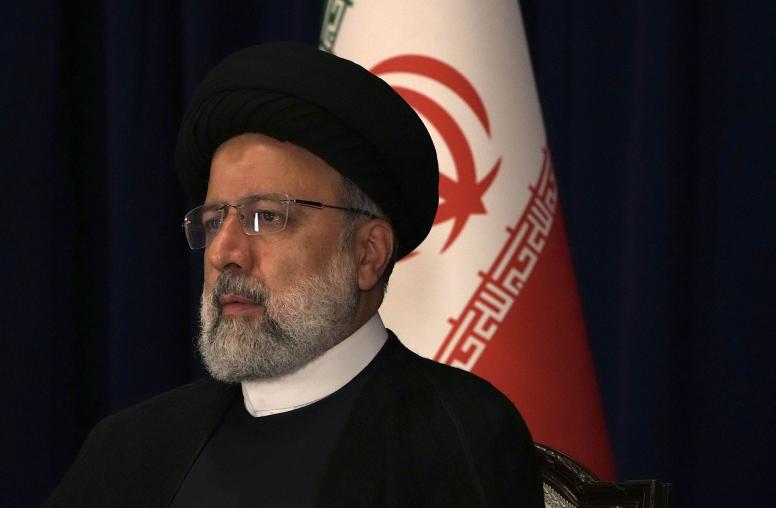Dissension in the Ranks: Cleric and State in the Islamic Republic of Iran
This USIP event examined the role of the clergy in Iran's political system both historically and as it relates to the Green Movement today.
The harsh repression of a burgeoning civil rights movement in Iran has intensified the already deep personal, ideological and political cleavages within the clergy. The death of Ayatollah Montazeri in December 2009 removed the most prominent clerical critics of the regime.
Nevertheless, many clerics not only continue to assail the spilling of innocent blood, some are giving new philosophical momentum to a movement seeking to put institutional and intellectual distance between mosque and state. Provoked, some hard-line clerics have called for the execution of those who dare to question the notion of clerical rule or velayate-faqih.
How will these dramatic developments affect the institutional and ideological coherence of the regime? Will an increasingly polarized political field encourage more moderate regime-affiliated clerics to reach beyond the regime for a negotiated outcome? Or will it merely reinforce the True Believers, thus widening the gap between Iran’s urban middle class intelligentsia, on the one side, and the regime and its supporters on the other?
Speakers
- Qamar-ul Huda, Chair
Senior Program Officer, Religion and Peacemaking Center of Innovation, U.S. Institute of Peace - Said Arjomand
Department of Sociology, Stony Brook University
Topic: "The Evolution of Mosque-State Relations" - Rasool Nafisi
Department of Arts and Sciences, Strayer University
Topic: "The Supreme Leader and His Allies" - Mehdi Khalaji
Senior Fellow, Washington Institute for Near East Policy
Topic: "Fissures within Clerical Institutions" - Barbara Slavin
Journalist
Author, "Bitter Friends, Bosom Enemies: Iran, the U.S. and the Twisted Path to Confrontation"
Topic: "Implications for U.S.-Iranian Relations"



